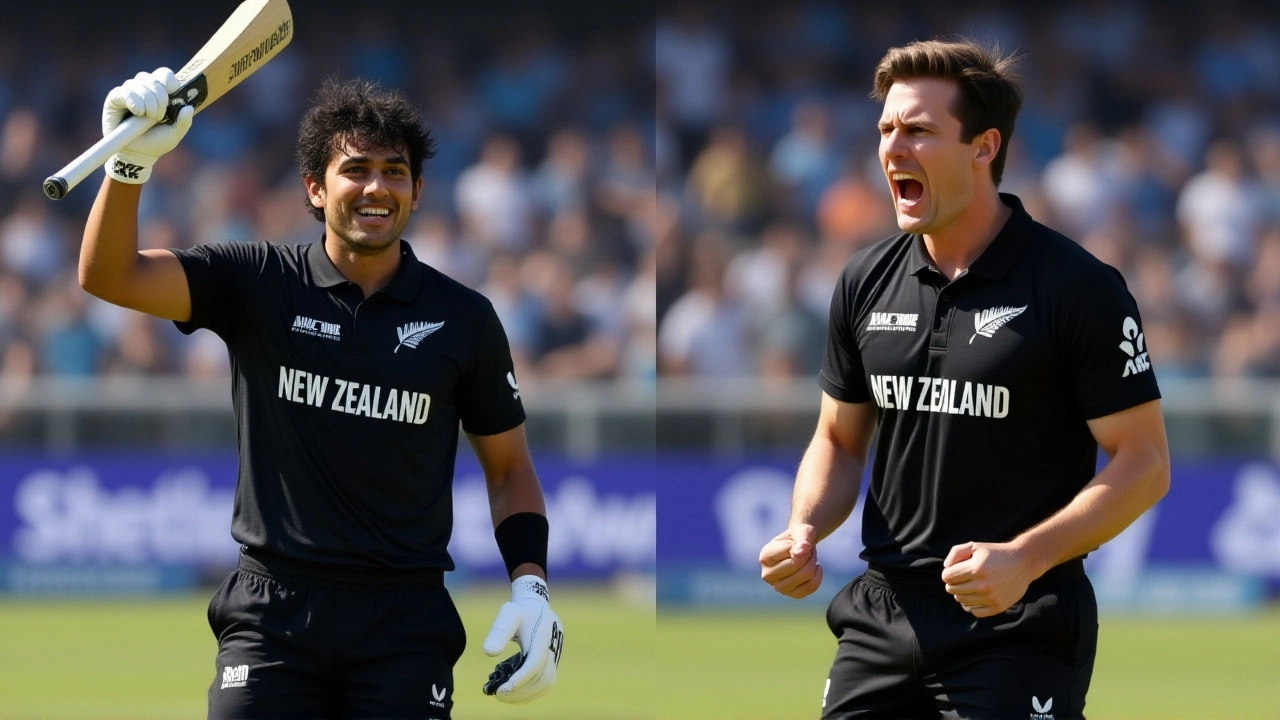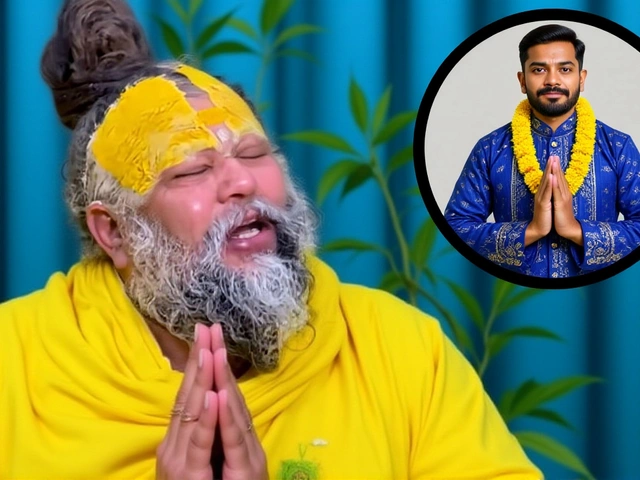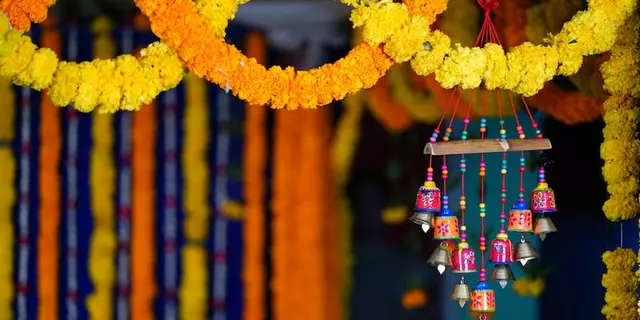They dominated the tournament. They broke records. They came within four runs of the trophy. And yet, New Zealand left the ICC Champions Trophy 2025 final with empty hands and a quiet pride. At the Dubai International Stadium on a cool March evening under 23°C skies, India edged out New Zealand by four wickets in a final that felt more like a coronation than a contest — not because India was flawless, but because the Kiwis had already written their legacy.
A Campaign for the Ages
New Zealand didn’t just reach the final; they redefined what dominance looks like in a 50-over tournament. Their journey began on February 24, 2025, at the Rawalpindi Cricket Stadium, where they chased down Bangladesh’s 236/9 with ease, thanks to Rachin Ravindra’s blistering 112 off 105 balls. But the real shocker came from the other end: Michael Bracewell ripped through the Bangladeshi batting with 4/26 in 10 overs — the best bowling figures ever by a New Zealand spinner in Champions Trophy history, surpassing Paul Wiseman’s 4/45 from 2002.That was just the warm-up. The semi-final against South Africa on March 5 at Gaddafi Stadium in Lahore turned heads globally. New Zealand posted 361/5 — what Australian legend Ricky Ponting later called "the highest total ever in a Champions Trophy game." It wasn’t just the score; it was the manner. No hesitation. No panic. Just clinical, relentless batting. Ponting, speaking on The ICC Review, called it "a game of one-day cricket you probably can’t play better."
The Final: Close, But Not Close Enough
The final was never meant to be a blowout. India, playing with the poise of champions, reached 254/6 in 49 overs, anchored by a composed 89 from Virat Kohli and a late surge from Hardik Pandya. New Zealand, chasing 255, looked in control until the final ten overs. Rachin Ravindra, who had carried them through the group stage, fell for 78. The middle order, so reliable all tournament, faltered under pressure. When the last wicket fell at 251/7, the scoreboard told the story: four runs short. Four runs. In a tournament where they averaged 312 runs per innings.What made it sting more? Matt Henry, their leading wicket-taker with 17 scalps across five matches, was sidelined by a hamstring injury. "They hadn’t done a lot wrong," Ponting said. "And that’s without some of their stars actually performing in that final. And that’s without Matt Henry being fit. So they’ve had a great campaign."
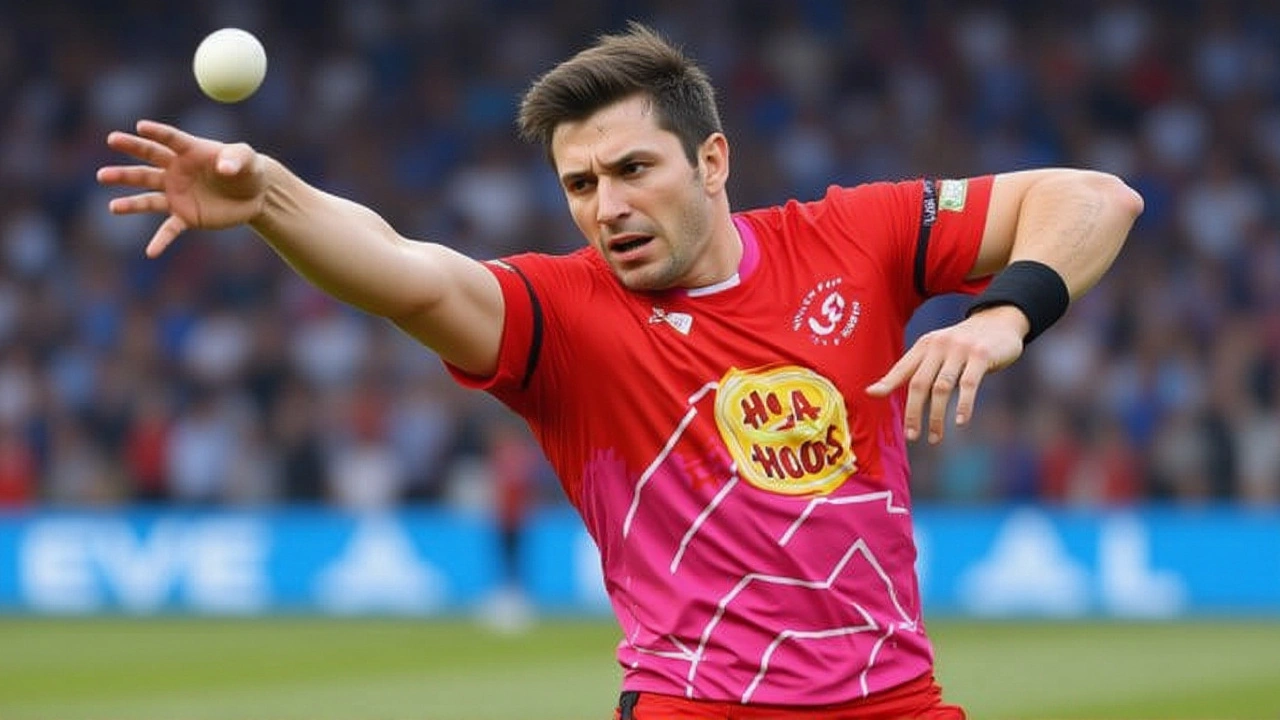
Legacy Beyond the Trophy
This wasn’t just another final loss. It was the culmination of a decade of quiet excellence. Kane Williamson became New Zealand’s all-time highest run-scorer in Champions Trophy history during the tournament, adding 217 runs in five innings at an average of 54.25. His leadership, calm and unflappable, was the backbone of the side.Even their path to the final was fraught with political tension. India refused to travel to Pakistan for security reasons, forcing the ICC to shift all matches to the UAE and Oman. The Pakistan Cricket Board had initially rejected the hybrid model, but after months of negotiations, the tournament went ahead — a testament to cricket’s ability to transcend geopolitics, even if imperfectly.
Statistically, New Zealand were the most efficient team in the tournament: highest net run rate, most wins (5), fewest losses (1). Their 361 against South Africa remains the highest team total in Champions Trophy history. Yet, the trophy went to India. Not because New Zealand collapsed — but because India held their nerve when it mattered most.
What’s Next for the Kiwis?
The future is bright, but not without questions. Can Rachin Ravindra, just 22, carry the batting load in major finals? Can Bracewell replicate his magic under pressure? And will Henry’s injury be a one-off, or a sign of deeper fitness concerns in a squad that plays 70+ ODIs a year?One thing is certain: New Zealand didn’t fail. They were simply outdone by a team that, like them, thrives under pressure. The Kiwis have now reached three of the last four ICC final stages — the 2019 World Cup, the 2021 T20 World Cup, and now this. They don’t win every time. But they’re always there.
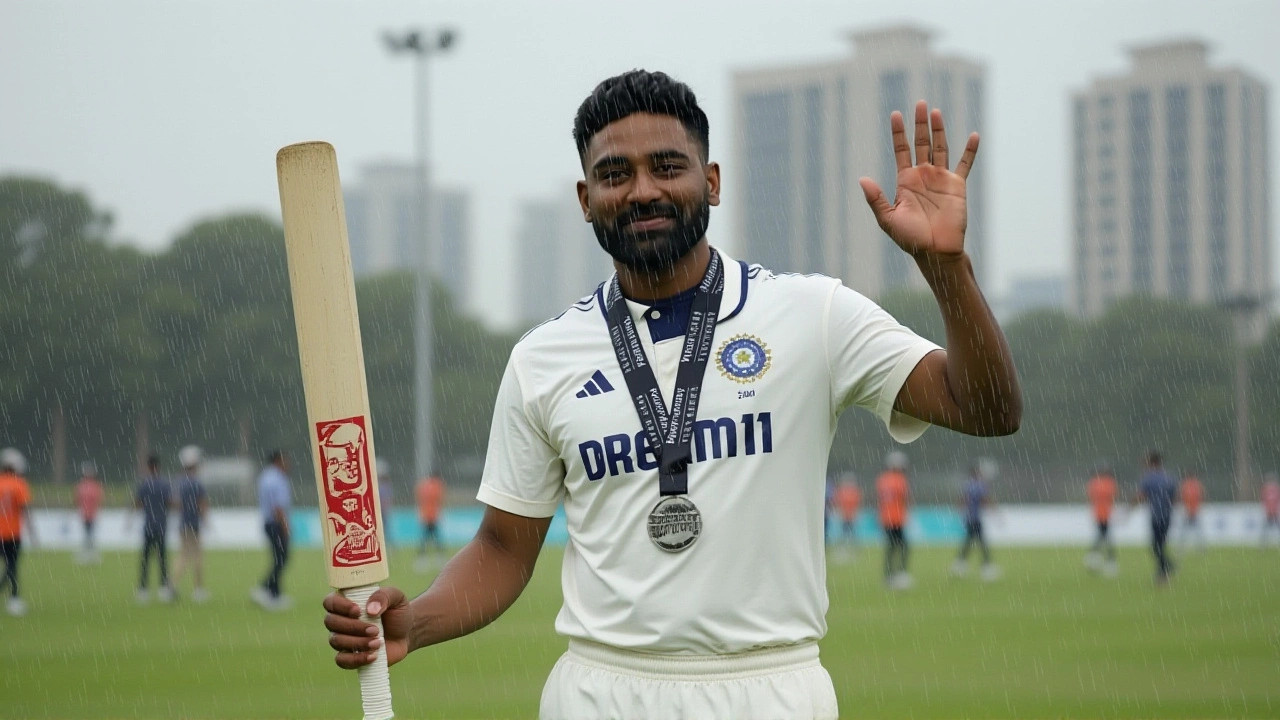
The Return of a Classic
The 2025 tournament marked the revival of the Champions Trophy after an eight-year hiatus. Originally launched as the ICC KnockOut Trophy in 1998, it was rebranded in 2002 and shelved after 2017 amid scheduling chaos. Its return in 2025 — part of the ICC’s 2024–2031 cycle — felt like a homecoming. And New Zealand, as always, were at the heart of it.Frequently Asked Questions
Why did New Zealand lose despite such a dominant campaign?
New Zealand lost because India executed better in the final’s critical moments — particularly in the death overs — and because key players like Matt Henry were unavailable due to injury. New Zealand’s campaign was statistically superior, but finals are won by composure under pressure, not just averages. India’s top order held firm, while New Zealand’s middle order, which had been flawless earlier, cracked under the spotlight.
What records did Michael Bracewell break in the tournament?
Michael Bracewell set a new record for the best bowling figures by a New Zealand spinner in Champions Trophy history with 4/26 in 10 overs against Bangladesh on February 24, 2025. He surpassed Paul Wiseman’s previous record of 4/45 from the 2002 tournament. His spell was pivotal in restricting Bangladesh to 236 and helped New Zealand chase it down with seven overs to spare.
How significant was Ricky Ponting’s praise for New Zealand?
Ponting’s comments carried immense weight — he’s an ICC Hall of Famer and former captain of Australia’s dominant 2000s side. Calling New Zealand’s campaign "another outstanding tournament" and their semi-final "the highest total ever in a Champions Trophy game" was high praise indeed. He framed their loss not as failure, but as the exception to their consistent excellence — a rare acknowledgment from a rival that New Zealand operate on another level.
Why was the tournament held in Dubai instead of Pakistan?
India’s Board of Control for Cricket in India (BCCI) refused to send its team to Pakistan due to security concerns, despite the ICC’s initial hybrid model proposal. After months of negotiations, the tournament was moved entirely to the UAE, with matches split between Dubai and Abu Dhabi. The Pakistan Cricket Board had initially rejected the compromise but eventually accepted it to ensure the event’s survival — highlighting cricket’s political complexities.
What does this mean for New Zealand’s chances in the 2027 World Cup?
This performance cements New Zealand as genuine World Cup contenders. With Rachin Ravindra emerging as a clutch performer, Kane Williamson still leading with authority, and Bracewell proving he can deliver under pressure, their core is intact. If Matt Henry returns fully fit and their spin options deepen, they’re among the top three favorites for the 2027 tournament. They don’t just compete — they evolve.
Is the Champions Trophy here to stay now?
Yes. The ICC confirmed the Champions Trophy will return every four years from 2025 onward as part of its 2024–2031 calendar. After being scrapped post-2017 due to scheduling conflicts and declining interest, its successful 2025 revival — with strong viewership and competitive matches — signals a long-term commitment. New Zealand’s run helped prove the tournament still matters.
